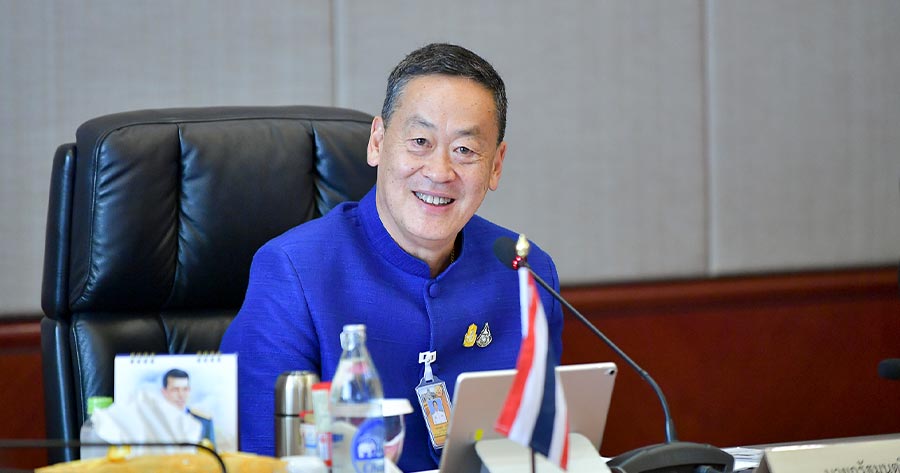Prime Minister Srettha Thavisin clarified to the public after being asked about a plan to station Chinese police personnel at some of Thailand’s popular tourist destinations, explaining that it might be a miscommunication and he does not have or consider a plan to bring Chinese police to station in Thailand.
The dispute came after the report of Prime Minister Srettha Thavisin, senior police and tourism officials were discussing a plan to increase Chinese tourists’ confidence, following the Paragon shooting incident and the recovery after Covid pandemic. The plan was said to station Chinese police personnel at some of its popular tourist destinations to raise the confidence of travellers from the Asian neighbour. However, such a plan has caused a controversy, with some critics raising concerns over sovereignty.
Thailand’s PM and Finance Minister Srettha Thavisin gave an interview on the earlier report and explained that Thai police are responsible for taking care of tourists unlike what has been reported in the news. However, if there is some kind of cooperation in terms of exchanging information with Chinese police, he believes that it would lift the confidence of Chinese travellers. That does not mean letting Chinese police to station or work in Thailand. This matter might be a miscommunication.
The concerns revolve around the possibility of a group of Chinese doing illegal activities to another group of Chinese in Thailand. Thus, this matter should be taken seriously without spreading any confusion, so if the crime is committed, it can quickly be dealt with.
When asked if this matter is linked with Thailand’s sovereignty, Prime Minister Srettha Thavisin said that there has never been talks and discussion in bringing Chinese personnels into Thailand.The plan to boost tourism is the latest attempt by Thailand to attract visitors and ease concerns over tourist safety deter some Chinese travellers, considered crucial for the recovery of the local tourism industry. Thailand has welcomed Chinese arrivals 2.8 million so far in 2023, which is still trailing the government’s full-year target of 4 million to 4.4 million, according to the data compiled by Bloomberg.




